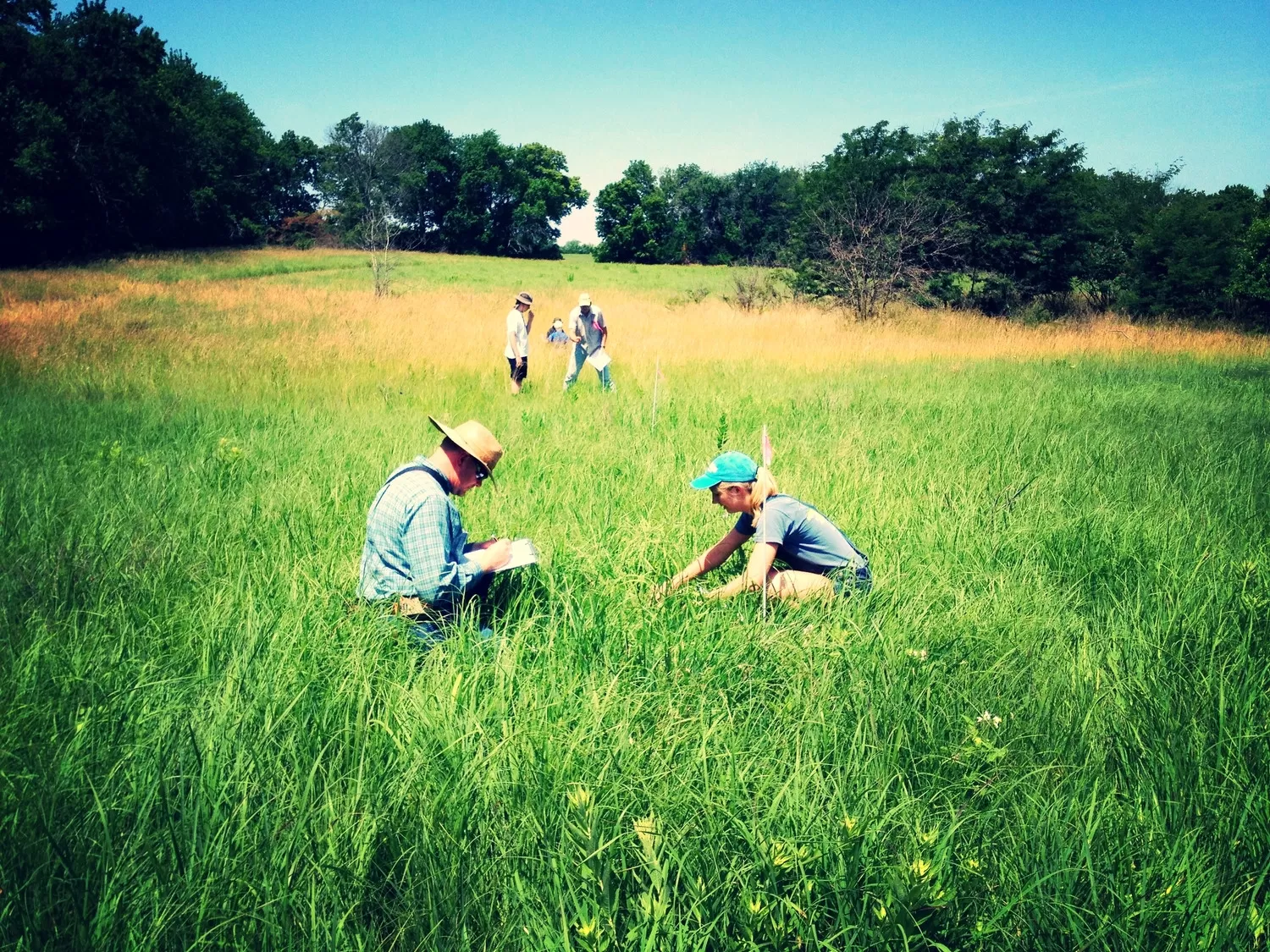I spoke with Seth because of the potential synergistic role between Holistic Management, Whole Farm Planning, and Permaculture to provide profitable productive broad-scale models acceptable to modern conventional farms while also caring for the farmers, consumers, planet, plants, and animals involved. Recent guests such as Warren Brush and Andrew Faust set my thoughts moving on the leverage points for how to grow these ideas beyond the backyard. Connecting with farmers directly, first with those who are interested in the sustainable processes Permaculture offers, and moving upwards and outward can bring the concepts of practical permaculture to the forefront of a new green revolution. There is also a disclaimer for one of the portions of this interview. I ask Seth to clarify the information on the H2A visa program for a migrant farmworker. He shares what he knows about the program to answer my questions. However, he is not involved with this process directly and his statements should not be used as professional advice on the H2A visa. If you need someone to help you please contact a lawyer familiar with the program. When it comes to Whole Farm Planning and getting to know more about farmers and agriculture, there are some places I recommend you begin looking. Since permaculture deals with resilient and sustainable systems, see if there is a sustainable agriculture organization in your area and look into the classes and networking opportunities available.
As the activities of farming slow down and we move into the winter, the focus shifts to more social events. If you do get involved use the principles of permaculture, like observing and interacting, or use slow and small solutions, as social guidelines when in these environments. Talk less. Listen more. Ask questions when you don't understand. Hear what people are saying. Though I'm not a farmer, I openly admit that when introductions go around the table. I'm honest that I practice permaculture and my role is as an educator, not a farmer, I'm here to learn and I've been welcomed for it. Use a search engine, a phone book, a local farmer, or any other resource you can to ask around and you can probably find an organization to connect with to learn more about the current state of agriculture and farmers. Take a step, break out of the box, and see what ways you can help use the permaculture model to help others build a better world.
Resources
Holistic Management International
Savory Institute
Sustainable Agriculture Research and Education
The Organic Farmer's Business Handbook by Richard Wiswall


